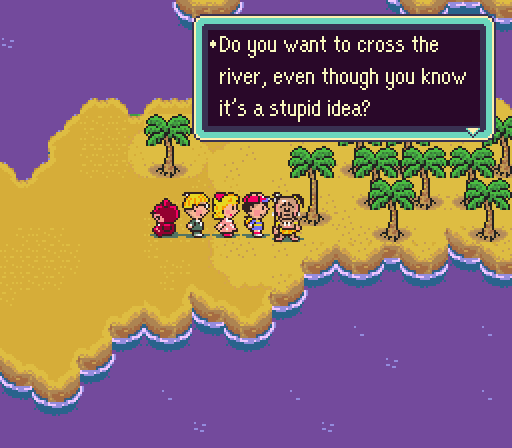I am 26 hours into Arkham Knight. It says I'm 93% done -- which is probably a bit of an overestimate, given the amount of bullshit that the Riddler always leaves around in these games. I beileve that I'm up to, if not the ultimate, the penultimate story mission right now. And I've been there for a half-hour or so, because this level has crashed my PC four times in a row.
Let's step back a bit. The Batmobile was a big gamble, and a big win: Not to spoil too much, but Arkham Knight takes Black Flag's "stealth boating" idea and makes it legitimately good. Batmobile-specific mechanics, and puzzles, and boss fights, are consistently exhilirating. Knight doesn't sacrifice the best parts of classic Arkham, either, with plenty of high-tension beat-em-up and sneak-em-up sequences. And while the Bat's gadgets all appear familiar, they've found some surprising and awesome new uses this time around. There's a great amount of content in Gotham City; traversing and discovering objectives is a pleasure; and the story is paced remarkably well, in a marked improvement from Arkham City.
And yet! And yet. I will never be able to extoll this game's virtues to anyone else without prefacing those virtues with its technical infidelity on PC. Not today; not in the distant future, when it finally runs like a dream; certainly not last week, when I relayed this sentiment to whomever might have been in earshot. In its default state, the PC version of Arkham City looks unfinished. It has the visual quality and runtime performance of a beta-quality product -- which, let's be clear, means feature-complete but not fit for sale. Some of its problems are fixable, but at least in my observation, increase the risk of total system failure. Honestly, it feels like a catch-22: the game is either distractingly ugly, or distractingly crashy. And maybe both, depending upon the available hardware.
There is a lengthy and profound discussion to be had about the state of "AAA" multiplatform games on PC. And there is a whole spiderweb of tangential conversation around that, regarding the shared-memory architectures of game consoles, availability of development talent for proprietary APIs, and the demographics and royalty rates of platform-specific distribution sources. But for my purposes, the easily cherry-picked talking points are that:
- Rocksteady developed the PC versions of Asylum and City, each at a month's delay after the corresponding console versions. Both worked great.
- Origins, the sequel that no one asked for, was developed by whoever-was-available at WB. The PC version was delegated to a third party, a fact which was not widely known at the time. In the 11th hour, it was delayed by a few weeks. It was criticized for its instability (... in addition to uninspired game design).
- Knight, Rocksteady's "Fuck you, I won't do what you tell me" finale to the Arkham series, had its PC version delegated to the same fly-by-night software house as Origins.
Someone - no, a committee of production personnel - had a clear choice between a delayed, higher-quality PC version from Rocksteady; or a delayed, and/or unsatisfying PC version from anyone else. And they went with the only option that had a track record of disappointment.
The frustratingly sobering truth about Arkham Knight's technical quality is that, most of the time, it's par for the course. Although I've encountered a handful of crash-happy level sequences, they appear to be linked to specific arrangements of lighting, or physics objects; the majority of the game is runtime-stable. The framerate is regularly abominable, though not in a way that's uniquely terrible for PC versions of today's multiplats. If not for the fact that I've been encountering stability issues during a dramatic, poignant part of the game's story? I wouldn't have glogged about it at all. How's that for an indictment of modern PC games.
Arkham Knight is an incredible game, and I look forward to finishing it, whenever I'm drunk enough to suffer through the accompanying BSODs. (Really? I'm not drunk enough right now? I'm fairly drunk right now.) If Rocksteady never makes another game, I will forever remember it as a triumph of open-world, action, puzzle, and story-driven game design. And whatever happens in the coming weeks and months of patches, I will also forever remember it as the game that justified Steam refunds.
Progress: 93%
